Oral Acne Medication: What You Should Know
Millions of individuals worldwide suffer from acne, a prevalent skin ailment. While there are many effective treatments available, some cases of acne require oral medication to achieve the best results.
It occurs when hair follicles become clogged with oil and dead skin cells, resulting in the formation of pimples, blackheads, and whiteheads. While topical treatments such as creams and gels are often effective in treating mild to moderate acne, oral acne medication may be necessary for more severe cases.
What is Oral Acne Medication?
Oral acne medication can help reduce inflammation and prevent the formation of new pimples by targeting the underlying causes of acne, such as bacteria and excessive oil production.
There are several types of oral acne medication available, including antibiotics, isotretinoin, hormonal therapies, and anti-androgen medications. These medications can be prescribed alone or in combination with topical treatments to achieve the best results.
However, like all medications, oral acne medication can have potential side effects, so it is important to work closely with a healthcare provider to determine the most appropriate treatment plan for each individual.
In this blog, we’ll explore the different types of oral acne medication available, how they work, and what you can expect from treatment.
What kind of oral Medication is taken for acne?
Antibiotics:
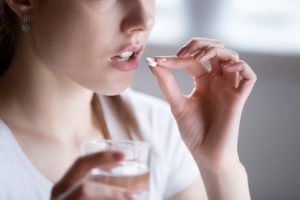
Antibiotics work by killing or slowing the growth of the bacteria that contribute to acne. They are often prescribed in combination with topical treatments, such as Benzoyl Peroxide or Retinoids, for maximum effect.
There are several types of antibiotics commonly used to treat acne, including Tetracyclines, Macrolides, and Clindamycin. Tetracyclines, such as Doxycycline and minocycline, are among the most commonly prescribed antibiotics for acne.
They are generally well-tolerated and have few side effects, but they can make the skin more sensitive to sunlight and may cause gastrointestinal upset.
Macrolides, such as Erythromycin, are another class of antibiotics that can be used to treat acne. They are less commonly prescribed than Tetracyclines but can be effective for people who can’t take tetracyclines due to allergies or other reasons.
Clindamycin is a topical medication that can be used to treat acne. It works by inhibiting the growth of bacteria and reducing inflammation in the skin. Clindamycin is often prescribed in combination with benzoyl peroxide for maximum effect.
Isotretinoin:
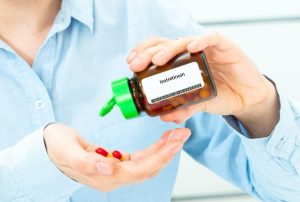
Isotretinoin, also known by the brand name Accutane, is a powerful oral medication used to treat severe acne that hasn’t responded to other treatments. It is a synthetic form of vitamin A and works by reducing the amount of oil produced by the skin.
Isotretinoin is a highly effective treatment for severe acne, but it is also associated with a number of potential side effects. These can include dry skin and eyes, chapped lips, joint pain, and elevated liver enzymes.
Isotretinoin is also associated with an increased risk of depression and suicidal thoughts, so it is important to discuss these risks with your doctor before starting treatment.
Isotretinoin can only be obtained by enrolling in a unique program called iPLEDGE. This program requires patients to have regular pregnancy tests and to use two forms of birth control while taking the medication, due to the risk of birth defects.
Dapsone:
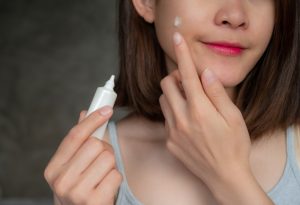
Topical gel called Dapsone has antibacterial and anti-inflammatory properties. Since the 1940s, leprosy and skin conditions like dermatitis herpetiform and nodulocystic acne have been treated with the antibiotic dapsone.
The U.S. Food and Drug Administration (FDA) has approved Dapsone (Aczone) 5% gel for the treatment of acne vulgaris in adults and children older than 12 years.
In patients with mild to moderate acne, topical Dapsone gel will reduce the percentage of lesions, particularly inflammatory lesions. Dapsone gel has lower response rates than currently accessible, less expensive topical therapies, despite not being directly comparable.
Although it shouldn’t be used as first-line therapy, it might be useful for the small number of people who are allergic to or unable to handle other medicines.
Other Oral Acne Medications:
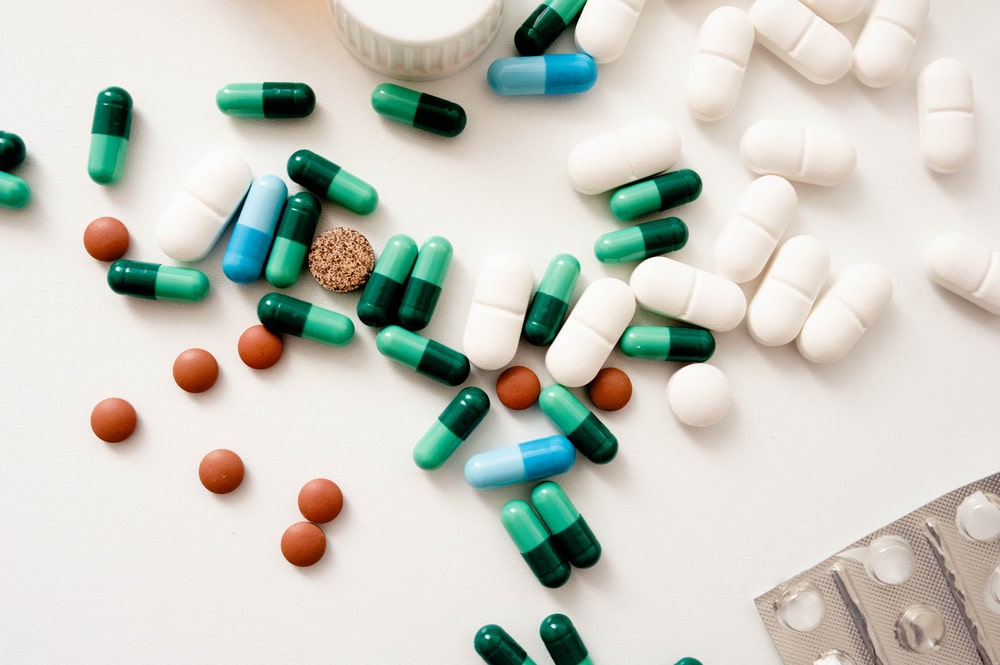
In addition to antibiotics and isotretinoin, there are a few other oral medications that can be used to treat acne in certain cases. These include hormonal therapies, such as birth control pills and spironolactone, and anti-androgen medications, such as flutamide.
Hormonal therapies are particularly effective for women with acne that is related to hormonal imbalances. Birth control pills work by regulating hormone levels and reducing the amount of oil produced by the skin. By controlling testosterone levels and stifling hyperactive sebaceous glands, oral birth control helps treat acne.
A class of hormones known as androgens, which includes testosterone, encourages the production of sebum by the skin. Low quantities of androgens are typically produced by the female adrenal glands and ovaries. However, greater levels can result in excessive sebum, which causes acne.
Oral contraceptives for acne frequently work well for women who have acne on their lower faces and along their jawlines.
The following three oral birth control tablets have received approval from the Food and Drug Administration (FDA):
- Norgestimate and Ethinyl Estradiol are used in the medication Ortho Tri-Cyclen.
- Yaz, a combination of Drospirenone and Ethinyl Estradiol
- Estrostep, is a combination drug from Norethindrone Acetate and Ethinyl Estradiol.
Others:
- Spironolactone is an anti-androgen medication that can be used to treat acne in women who have high levels of androgens, which can contribute to acne. This drug is not FDA-approved.
- Flutamide is another anti-androgen medication that can be used to treat acne in women. It works by blocking the action of androgens on the skin, reducing the amount of oil produced, and preventing acne from forming.
While there are several treatment options available for acne, including oral medications, topical medications are often the first line of defense. We will discuss the different types of topical medications available for acne and how they work.
Topical Line of Treatment:
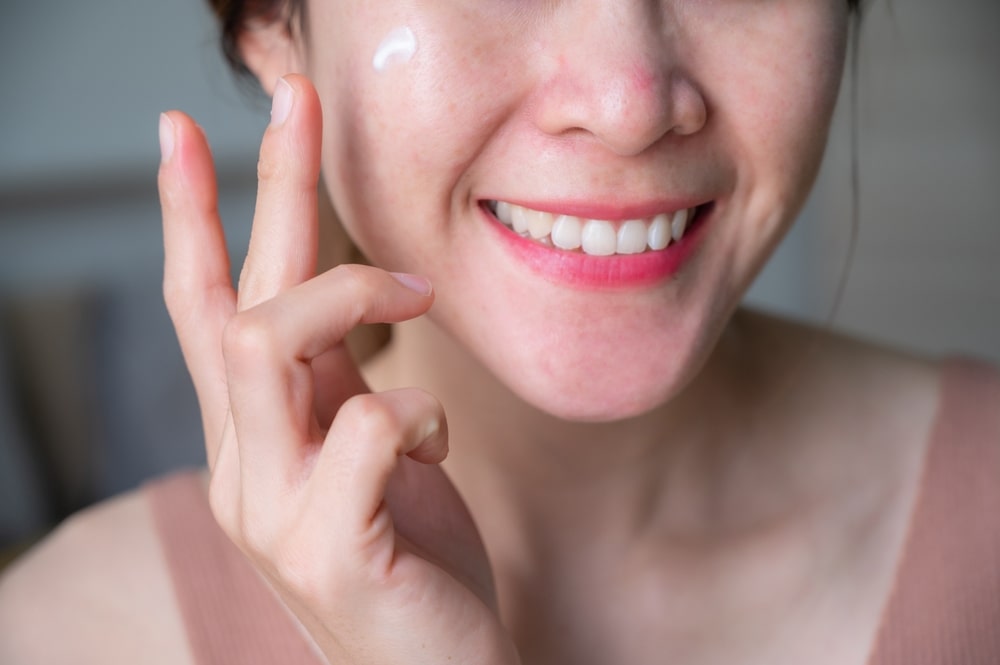
Topical Antibiotics:
Topical antibiotics are a common treatment for acne. Topical Antibiotics work by killing the bacteria that contribute to the formation of acne. Some examples of topical antibiotics include Clindamycin, Erythromycin, and Azithromycin. These medications can be used alone or in combination with other topical treatments such as benzoyl peroxide.
Topical Retinoids:
Retinoids, topical medication that are mainly derived from vitamin A. Topical retinoids work by unclogging pores and preventing the formation of new acne. They can also help reduce inflammation and improve the appearance of acne scars. Some examples of topical retinoids include Tretinoin, Adapalene, and Tazarotene.
Benzoyl Peroxide:
Benzoyl Peroxide is a topical medication that works by reducing the amount of bacteria on the skin and unclogging pores. It is available in various strengths, ranging from 2.5% to 10%. Benzoyl Peroxide can be used alone or in combination with other topical treatments.
Salicylic Acid:
Salicylic acid is a type of beta-hydroxy acid that works on the skin by exfoliating the skin and unclogging pores. It can also help reduce inflammation and improve the appearance of acne scars. Salicylic Acid is available in various strengths, ranging from 0.5% to 5%.
Azelaic Acid:
Azelaic Acid is a topical medication that works by reducing inflammation and the growth of bacteria on the skin. It can also help reduce the formation of new acne and improve the appearance of acne scars. Azelaic acid is available in various strengths, ranging from 10% to 20%.
Combination Therapy:
Combination therapy is often used to treat moderate to severe acne. This involves using two or more topical medications in combination to achieve the best results.
For example, a healthcare provider may prescribe a topical retinoid in combination with benzoyl peroxide or a topical antibiotic.
Topical medications are an effective treatment option for acne. They work by targeting the underlying causes of acne, such as bacteria and excessive oil production.
However, it is important to use these medications as directed and to be aware of potential side effects. It is also important to work closely with a healthcare provider to determine the most appropriate treatment plan for each individual.
By using topical medications as part of a comprehensive treatment plan along with oral acne medications, individuals can achieve clearer, healthier-looking skin.
Oral Acne Medications’ Side Effects:
The benefits are many but it also comes with some cons. Mentioned below are some of side effects relating to the oral acne medication that one should be aware of.
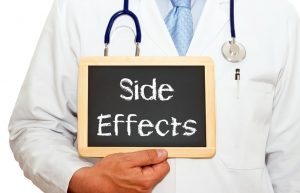
Side effects from Oral Acne Medications are as follows:
- Dryness of mouth especially lips
- Swellings around eyelids, crusty skin
- Bleeding from nose
- Stomach ache and runny stools
- Mood changes
- Joint pain
- Some signs of fever, nausea, and vomiting with sore throat can be seen
- Isotretinoin may rarely affect the pancreas causing its inflammation.
Some serious side effects which are rare can be allergic reactions resulting in rashes and itching on the face or skin. Breathing difficulties are also reported by some.
Overdosing can be Fatal:

Any overdose related to the medication: Call 911 if someone has overdosed and is exhibiting significant symptoms like fainting out or difficulty breathing. If not, call a poison control hotline right away.
If you’re a US citizen, dial 1-800-222-1222 to get in touch with your neighborhood poison control center. You can call a neighborhood poison control center if you live in Canada. Vomiting, stomach pain, facial flushing, headaches, and loss of balance are a few signs of an overdose.
It is seen that medications are helpful, be it a prescription or non-prescription one. But, we all have been through this proverb once in our lifetime which goes like this: prevention is better than cure. Following this, are the preventive measures for acne.
Many experts think there is no way to prevent acne because of its link to erratic hormone levels and potential genetic factors. The conventional thinking holds that outbreaks cannot be prevented by excellent diet or hygiene. Treatments help keep acne under control and reduce new outbreaks.
A few Easy Steps to take care of the skin:
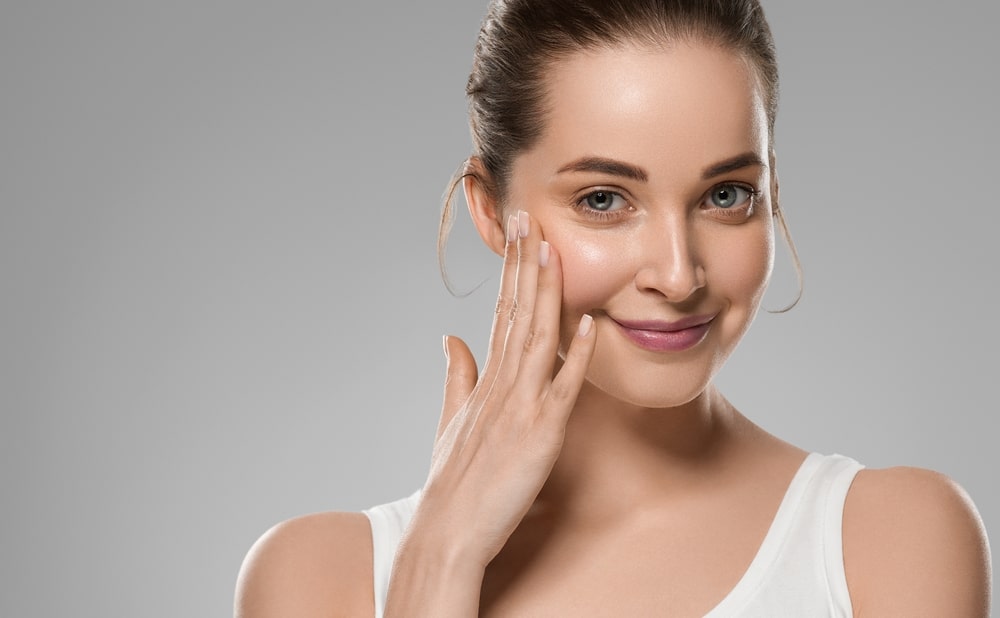
It is advised to take good care of your skin, especially during adolescence. A daily bath or shower and cleaning hands and the face with unscented or moderately antibacterial soap are the absolute necessities.
Other recommendations for avoiding further epidemics include:
- To minimize skin irritation and lower the likelihood of developing new lesions, use sensitive skin or non-comedogenic products.
- Twice a day, use a gentle cleanser.
- Avoid cleansers or products with a gritty texture or those containing scrubbing particles. These items have the potential to aggravate skin and cause outbreaks.
- Use a broad-spectrum sunscreen with SPF 30 and zinc oxide every day, along with a non-comedogenic (not causing blackheads) moisturizer.
- Put on non-comedogenic cosmetics.
- Do not pop, squeeze, or pick at pimples. Skin infections and scars may result from this.
Although acne can appear at any age, it is most frequently seen in teenagers and women who are pregnant. Different treatment plans might be necessary for these populations.
Dermatologists might first advise topical therapies for teenagers, including benzoyl peroxide and retinoid before they suggest oral drugs.
Due to the potential harm to fetuses, pregnant women often cannot take oral drugs like isotretinoin. Anti-androgens and oral birth control are also not options during pregnancy. Some antibiotics might be appropriate, or a doctor might suggest solely topical remedies.
Take Away:
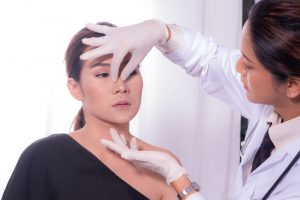
To treat acne, doctors may advise taking a variety of oral drugs. They typically save these choices for situations where topical remedies fail.
Antibiotics, oral contraceptives, isotretinoin, and anti-androgens are examples of oral drugs. The best oral acne treatment depends on a person’s acne type, age, whether she is pregnant, how she is feeling generally, and other considerations. The most effective oral drug varies depending on the patient.
Oral acne medication can be effective, but it can also have potential side effects, and it is important to work closely with a healthcare provider to determine the most appropriate treatment plan.
The risk of side effects from oral drugs might vary from nausea to major birth defects. For this reason, anyone thinking about using oral drugs for acne must speak with a physician or dermatologist about their circumstances.
FAQs:
What oral medication is best for acne?
There is no one-size-fits-all answer to this question, as the best oral medication for acne will depend on the individual’s specific needs and the severity of their acne. They can be Antibiotics, isotretinoin, hormonal therapies, and anti-androgen medications.
What are the side effects of using Isotretinoin, an oral cystic acne medication?
It includes dry skin, chapped lips, dry eyes, and dry nose. Increased sensitivity to sunlight, Joint pain, elevated liver enzymes, Mood changes, Birth defects, Vision changes, and gastrointestinal problems.
How long does oral acne medication take to work?
It takes almost 6 weeks for an oral acne medication to work and show improvements in your skin.
How long does it take for oral medication to work on cystic acne?
For cystic acne, the usual time is three to four months.
How long after taking oral acne medication can you consume calcium?
The time suggested is usually 3 hours after taking oral acne medications.

